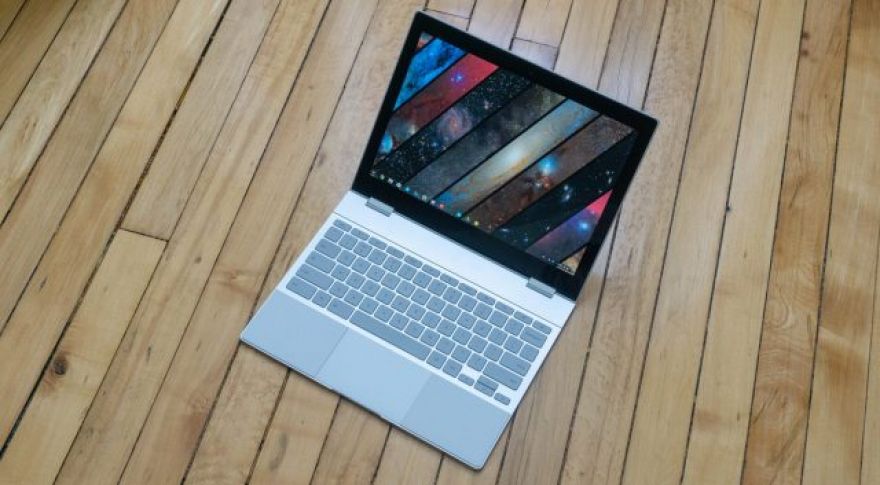
All Chromebooks Will Support Linux Going Forward
Google used the Linux kernel in Chrome OS, but the platform is intentionally streamlined and focuses on web apps. For most of its life, users couldn’t access the Linux heart of Chrome OS, but that changed last year with a feature called “Crostini.” That allowed select Chromebooks to install and run Linux apps, but now Crostini is .
It’s been a long road for Chrome OS to get here. When it rolled out on Google’s invite-only CR-48 laptop, Chrome OS only supported web apps — it was like a fancy browser machine. Over time, Google added more features and tools to Chrome OS.
Now, Google says that Crostini will work on all Chromebooks going forward. You won’t need to go through any additional steps to get Linux running on new , either. Just open the app launcher and find the Terminal. Just like that, you have access to a simulated version of Debian Linux.
This is similar to a promise it made about Android app support last year. It lived up to that promise, but even with the improvements, Linux support won’t be as user-friendly as Android was. Google’s Play Store makes it easy to install and update Android apps on Chrome OS. Using Linux still requires some familiarity with the command line and managing packages.
Crostini isn’t a full Linux platform. It runs a streamlined version of Linux called Termina inside a virtual machine. This goes a long way toward ensuring your Chrome machine stays safe from malware, and it keeps system hardware like the camera and microphone separate from Linux apps.
Google is working on a few quality of life improvements for Linux on Chrome OS. The super-early canary channel offers linked Linux and Chrome file systems, facilitating the migration of files between apps running in separate containers. There’s also no hardware acceleration for Linux apps on most Chromebooks. You can try it in the beta channel on select Chromebooks, but it’s still very buggy.
As part of the expansion of Linux support, Google will make the Android Studio dev tools a one-click install on Chromebooks. It hopes this will convince more devs to use Chrome OS and improve Android app support on the platform.
Now read: